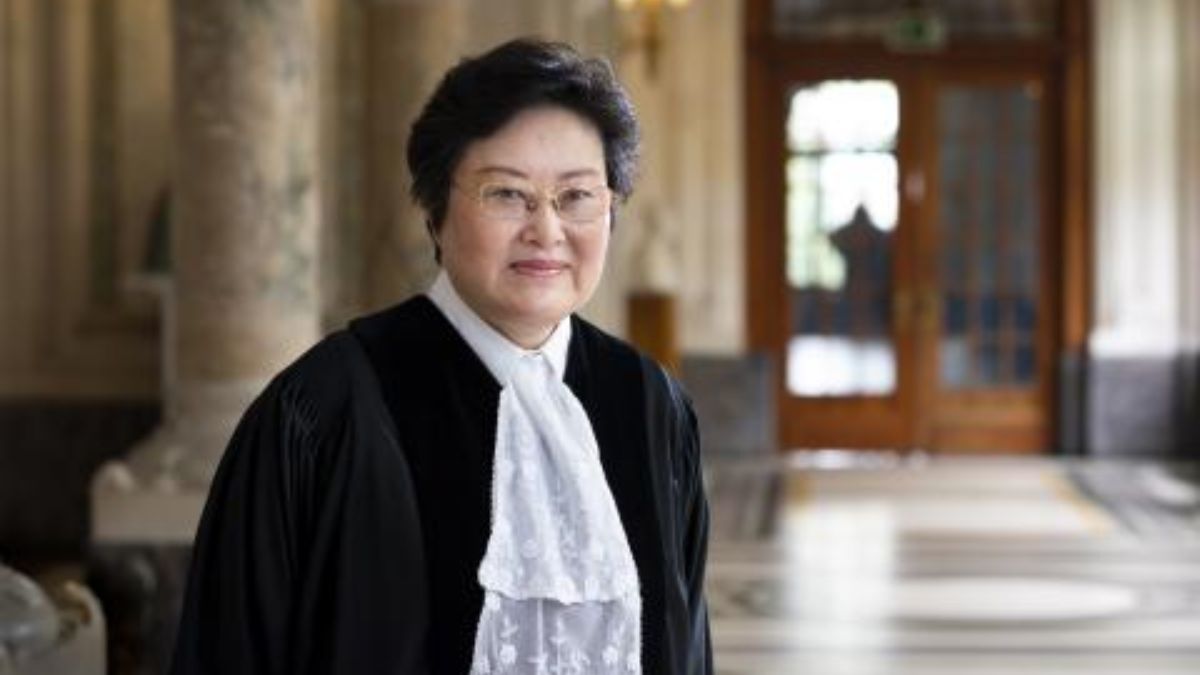Amid mounting criticism of the Chagos Islands deal in the United Kingdom, it has emerged that one of the judges who ruled against the UK in the matter at the International Court of Justice (ICJ) in 2019 was a former official of the Communist Party of China (CPC) who later went on to support the Russian invasion of Ukraine.
In 2019, the ICJ ruled with a 13:1 majority that the UK should surrender the sovereignty of Chagos Islands, an archipelago of around 60 islands in the Indian Ocean, to Mauritius. The ruling was later affirmed by the United Nations General Assembly (UNGA). It is the ICJ and UNGA’s actions regarding the Chagos Islands that drove the British government’s decision to reach an agreement last year with Mauritius.
As per the deal reached last year , the UK would transfer Chagos Islands to Mauritus. In return, the UK would get the Diego Garcia island, which houses a US-UK joint military base, on a lease for 99 years. While the terms of the deal were not revealed, it has been learnt in recent months that Mauritian Prime Minister Navin Ramgoolam, who succeeded Pravind Jugnauth who had originally reached the deal with the UK, has reopened the negotiations and has sought more money from the UK and has sought to adjust the lease payments for inflation .
The Conservative Party in the UK and some of US President Donald Trump’s allies slammed the Chagos Islands deal. They have said that giving away Chagos Islands amounts to giving away a strategic foothold in the Indo-Pacific region. The Diego Garcia base is critical of US-UK operations in both Indo-Pacific and West Asia regions. It is also critical to checking Chinese influence in the Indo-Pacific region.
It is here that the presence of Chinese judge becomes interesting. Xue Hanqin was the Vice President of the ICJ at the time of the ruling of the ruling. As the UK-Mauritius deal, which critics say benefits China, was driven by the ICJ, and the ICJ bench involved a Chinese judge, the question arises how much the ICJ’s ruling was influence by the Communist Party of China (CPC).
Impact Shorts
More ShortsThe question is all the more serious as the Chagos Islands ruling is not the only one in which she favoured her regime. In 2022, even as the world was condemning the unprovoked Russian invasion of Ukraine, Xue was among the two judges who dissented in the ICJ’s majority ruling telling Russia to “immediately suspend the military operations that it commenced” against Ukraine. China is the principal Russian ally and is central to its war-waging capabilities in Ukraine.
Has ICJ been compromised by China?
Before joining the ICJ, Xue had served as the Director General of the Department of Treaty and Law in Chinese Foreign Ministry, according to The Daily Telegraph.
The newspaper furtehr reported that Xue served as Chinese ambassdor to Netherlands and Asean.
Then, Xue joined the ICJ as a judge where she was part of two key rulings that were victories for the Chinese regime.
At the ICJ, Xue ruled was one of the two judges who refused the join the majority in telling Russia to stop its invasion of Ukraine. The second judge who refused to join the majority was a Russian national.
For a long time, China has been installing its people in multilateral organisations and businesses to shape the world’s decision-making in its favour. It begs the question whether ICJ is also doing China’s bidding now.
In the wake of Xue’s links becoming public, Mark Francois, the Shadow Armed Forces Minister, told The Telegraph that her background as a Chinese official was “of concern”.
“For months, we have been warning about growing Chinese influence in the Indo-Pacific, so this news is a further source of concern. We are only in this position because of the Government’s total obsession with international law, even advisory judgments, which are not legally binding in any event. The Chagos chaos continues,” said Francois.


)

)
)
)
)
)
)
)
)



